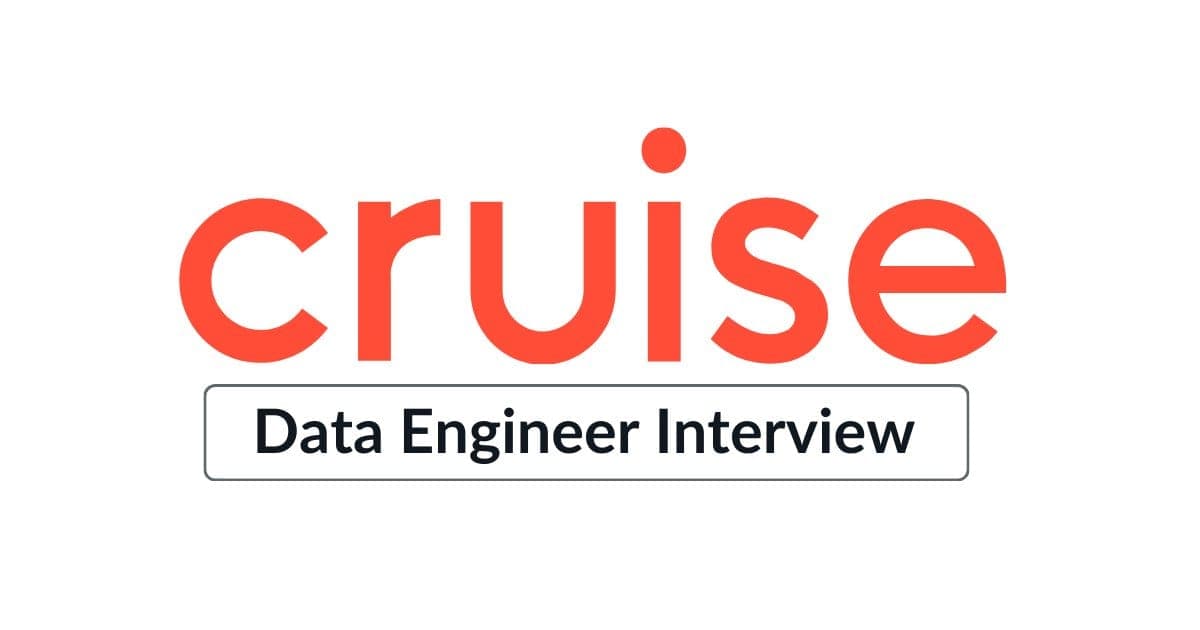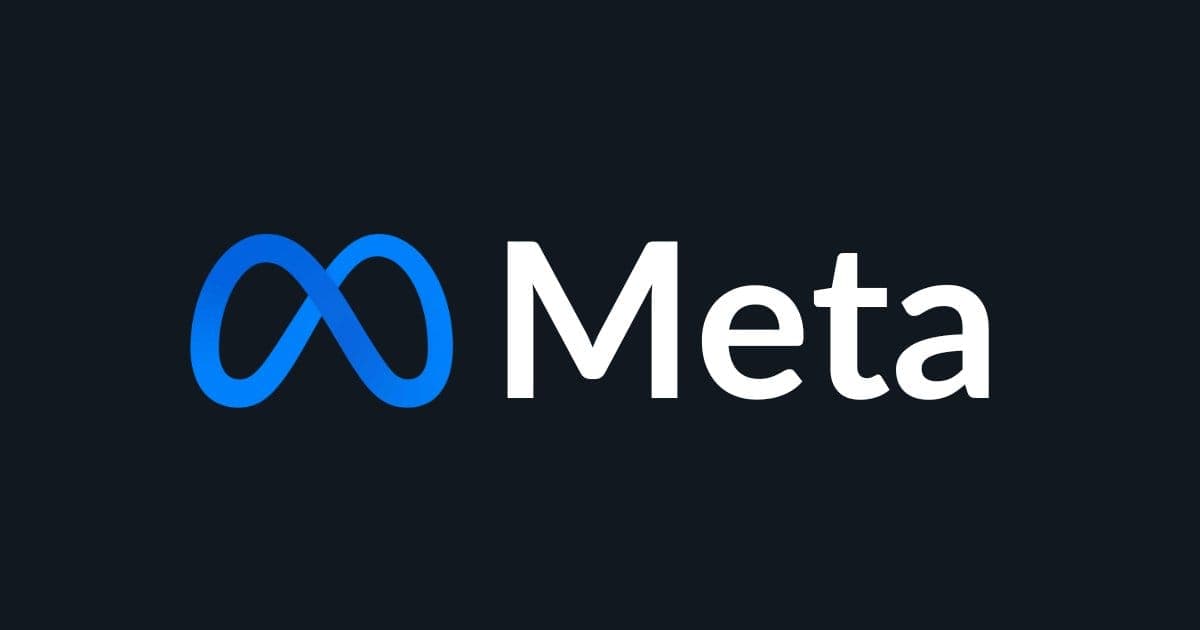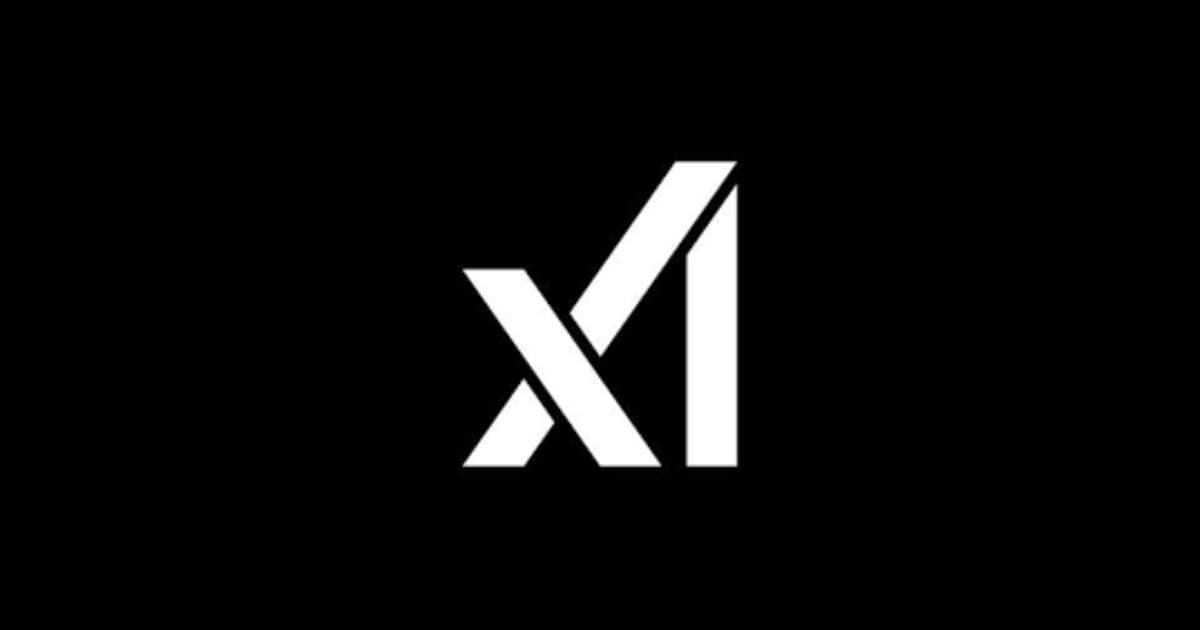Are you gearing up for a Data Engineer interview at Cruise? This comprehensive guide will navigate you through Cruise’s interview process, highlight essential skills, and provide strategies to help you excel.
As a leader in autonomous vehicle technology, Cruise seeks innovative data engineers who can contribute to their mission of building a safer and more efficient transportation system. Understanding the nuances of Cruise's interview approach can significantly enhance your chances of success.
In this blog, we will explore the interview structure, discuss the types of questions you can expect, and share valuable tips to help you confidently tackle each stage of the interview process.
Let’s get started! 👇
1. Cruise Data Engineer Job
1.1 Role Overview
At Cruise, Data Engineers play a pivotal role in advancing the development of autonomous vehicle technology. This position requires a combination of technical proficiency, problem-solving skills, and a passion for innovation to build and maintain robust data infrastructure. As a Data Engineer at Cruise, you’ll work closely with cross-functional teams to ensure data integrity and accessibility, enabling data-driven decisions that propel the company’s mission forward.
Key Responsibilities:
- Design, develop, and optimize data pipelines to support Cruise’s autonomous vehicle systems.
- Collaborate with software engineers and data scientists to integrate data solutions into production environments.
- Ensure data quality and reliability through rigorous testing and validation processes.
- Implement ETL processes to facilitate seamless data flow across various platforms.
- Monitor and troubleshoot data systems to maintain optimal performance and uptime.
- Contribute to the development of data architecture and best practices for data management.
- Support analytics and reporting needs by providing clean, well-documented datasets.
Skills and Qualifications:
- Proficiency in SQL, Python, and data engineering frameworks.
- Experience with cloud-based data platforms such as AWS or Google Cloud.
- Strong understanding of ETL processes and data pipeline architecture.
- Familiarity with big data technologies like Hadoop or Spark.
- Ability to work collaboratively in a fast-paced, innovative environment.
- Excellent problem-solving skills and attention to detail.
1.2 Compensation and Benefits
Cruise offers a competitive compensation package for Data Engineers, reflecting its commitment to attracting and retaining top talent in the data and technology sectors. The compensation structure includes base salary, performance bonuses, and stock options, along with a variety of benefits that support work-life balance and professional development.
Example Compensation Breakdown by Level:
| Level Name | Total Compensation | Base Salary | Stock (/yr) | Bonus |
|---|---|---|---|---|
| L4 (Data Engineer) | $345K | $NA | $NA | $NA |
| L5 (Senior Data Engineer) | $476K | $NA | $NA | $NA |
| L6 (Staff Data Engineer) | $756K | $NA | $NA | $NA |
Additional Benefits:
- Participation in Cruise’s stock programs, including restricted stock units (RSUs) and opportunities for liquidity on private stock.
- Comprehensive medical, dental, and vision coverage.
- Flexible work arrangements to promote work-life balance.
- Tuition reimbursement for education related to career advancement.
- Generous paid time off and parental leave policies.
Tips for Negotiation:
- Research compensation benchmarks for data engineering roles in your area to understand the market range.
- Consider the total compensation package, which includes stock options, bonuses, and benefits alongside the base salary.
- Highlight your unique skills and experiences during negotiations to maximize your offer.
Cruise’s compensation structure is designed to reward innovation, collaboration, and excellence in the field of data engineering. For more details, visit Cruise’s careers page.
2. Cruise Data Engineer Interview Process and Timeline
Average Timeline: 4-6 weeks
2.1 Resume Screen
The first stage of the Cruise Data Engineer interview process is a resume review. Recruiters assess your background to ensure it aligns with the job requirements. Given the competitive nature of this step, presenting a strong, tailored resume is crucial.
What Cruise Looks For:
- Proficiency in Python, SQL, and data engineering tools.
- Experience with data modeling, ETL processes, and data warehousing.
- Projects that demonstrate problem-solving skills and technical expertise.
Tips for Success:
- Highlight experience with big data technologies and data pipeline design.
- Emphasize projects involving data modeling and ETL processes.
- Use keywords like "data-driven solutions," "SQL optimization," and "big data technologies."
- Tailor your resume to showcase alignment with Cruise’s mission of advancing autonomous vehicle technology.
Consider a resume review by an expert recruiter who works at FAANG to ensure your resume stands out.
2.2 Recruiter Phone Screen
In this initial call, the recruiter reviews your background, skills, and motivation for applying to Cruise. They will provide an overview of the interview process and discuss your fit for the Data Engineer role.
Example Questions:
- Can you describe a data engineering project that had a significant impact?
- What tools and techniques do you use to optimize data pipelines?
- How have you collaborated with cross-functional teams in the past?
Prepare a concise summary of your experience, focusing on key accomplishments and technical skills.
2.3 Technical Screen
This round evaluates your technical skills and problem-solving abilities. It typically involves technical questions related to data engineering, conducted via an interactive platform.
Focus Areas:
- SQL: Write queries to manipulate and analyze data efficiently.
- Data Modeling: Design data models for new applications.
- ETL Processes: Discuss key considerations when building ETL pipelines.
- Big Data Technologies: Explain your experience with big data tools and technologies.
Preparation Tips:
Practice SQL queries and data modeling scenarios. Consider mock interviews or coaching sessions to simulate the experience and receive tailored feedback.
2.4 Onsite Interviews
The onsite interview typically consists of multiple rounds with data engineers, managers, and cross-functional partners. Each round is designed to assess specific competencies.
Key Components:
- Technical Challenges: Solve live exercises that test your ability to design and optimize data pipelines.
- Real-World Business Problems: Address complex scenarios involving data warehousing and big data technologies.
- Behavioral Interviews: Discuss past projects, collaboration, and adaptability to demonstrate cultural alignment with Cruise.
Preparation Tips:
- Review core data engineering topics, including data modeling, ETL processes, and big data technologies.
- Research Cruise’s technology and think about how data engineering could enhance their autonomous vehicle systems.
- Practice structured and clear communication of your solutions, emphasizing technical insights.
For personalized guidance, consider mock interviews or coaching sessions to fine-tune your responses and build confidence.
3. Cruise Data Engineer Interview Questions
3.1 Data Modeling Questions
Data modeling questions at Cruise assess your ability to design efficient and scalable data models that support business needs and analytics.
Example Questions:
- How do you design a data model for a new application?
- Can you explain the differences between a star schema and a snowflake schema?
- What are the key considerations when building an ETL pipeline?
- Describe a data pipeline you have built in the past.
- How do you ensure data integrity and consistency in your data models?
3.2 SQL Questions
SQL questions assess your ability to manipulate and analyze data using complex queries. Below are example tables Cruise might use during the SQL round of the interview:
Users Table:
| UserID | UserName | JoinDate |
|---|---|---|
| 1 | Alice | 2023-01-01 |
| 2 | Bob | 2023-02-01 |
| 3 | Carol | 2023-03-01 |
Rides Table:
| RideID | UserID | StartLocation | EndLocation | RideDate | Fare |
|---|---|---|---|---|---|
| 101 | 1 | Downtown | Uptown | 2023-04-01 | 15.00 |
| 102 | 2 | Midtown | Downtown | 2023-04-02 | 12.50 |
| 103 | 3 | Uptown | Midtown | 2023-04-03 | 10.00 |
Example Questions:
- Total Fare Calculation: Write a query to calculate the total fare collected by each user.
- Recent Rides: Write a query to find all rides taken in the last month.
- Frequent Routes: Write a query to identify the most common start and end locations.
- User Ride Count: Write a query to determine the number of rides each user has taken.
- Average Fare: Write a query to calculate the average fare per ride.
You can practice medium to hard-level SQL questions on DataInterview SQL pad.
3.3 ETL Pipeline Questions
ETL pipeline questions evaluate your understanding of data extraction, transformation, and loading processes, and your ability to design efficient data workflows.
Example Questions:
- What are the key considerations when building an ETL pipeline?
- How do you handle data quality issues in ETL processes?
- Describe a data pipeline you have built in the past.
- How do you optimize ETL processes for performance?
- What tools and technologies do you prefer for ETL development and why?
3.4 Distributed Systems Questions
Distributed systems questions assess your knowledge of designing and managing systems that can handle large-scale data processing and storage.
Example Questions:
- What big data technologies have you worked with?
- How do you ensure data consistency in a distributed system?
- What are the challenges of scaling a distributed data system?
- How do you handle data replication and partitioning in distributed systems?
- Describe a time you optimized a distributed system for better performance.
For more insights on distributed systems, check out the Case in Point course.
4. Preparation Tips for the Cruise Data Engineer Interview
4.1 Understand Cruise’s Business Model and Products
To excel in open-ended case studies during your interview at Cruise, it’s crucial to understand their business model and the products they offer. Cruise is at the forefront of autonomous vehicle technology, focusing on creating a safer and more efficient transportation system.
Key Areas to Understand:
- Autonomous Vehicle Technology: How Cruise integrates data engineering to enhance vehicle systems and safety.
- Data-Driven Decisions: The role of data in optimizing vehicle performance and user experience.
- Cross-Functional Collaboration: How data engineers work with software engineers and data scientists to drive innovation.
Understanding these aspects will provide context for tackling business case questions and demonstrate your alignment with Cruise’s mission.
4.2 Strengthen Your SQL and Data Engineering Skills
Technical proficiency is essential for success in Cruise’s data engineering interviews. Focus on honing your SQL and data engineering skills.
Key Focus Areas:
- SQL Skills:
- Master complex queries, including joins, aggregations, and window functions.
- Practice writing efficient queries for data manipulation and analysis.
- Data Engineering Skills:
- Understand ETL processes and data pipeline architecture.
- Familiarize yourself with big data technologies like Hadoop and Spark.
Consider enrolling in a SQL course to practice interactive exercises with real-world data.
4.3 Practice Problem-Solving and Technical Challenges
Cruise’s interview process includes technical challenges that assess your problem-solving abilities. Prepare by practicing data modeling, ETL processes, and distributed systems scenarios.
Preparation Tips:
- Review core data engineering topics and practice designing data models for new applications.
- Simulate technical challenges by solving live exercises that test your ability to design and optimize data pipelines.
- Engage in mock interviews or coaching sessions to receive tailored feedback and build confidence.
4.4 Align with Cruise’s Mission and Values
Cruise’s mission is to build a safer and more efficient transportation system through autonomous vehicle technology. Aligning your preparation with this mission is key to showcasing your cultural fit during interviews.
Core Values:
- Innovation, collaboration, and data-driven decision-making.
- Commitment to safety and efficiency in transportation.
- Adaptability and problem-solving in a fast-paced environment.
Reflect on your experiences where you contributed to innovative solutions and collaborated with diverse teams to achieve shared goals.
4.5 Practice with a Peer or Interview Coach
Simulating the interview experience can significantly improve your confidence and readiness. Mock interviews with a peer or coach can help you refine your answers and receive constructive feedback.
Tips:
- Practice structuring your answers for technical and behavioral questions.
- Review common data engineering questions to align your responses with Cruise’s values.
- Engage with professional coaching services for tailored, in-depth guidance and feedback.
Consider engaging with coaching platforms like DataInterview.com for tailored preparation. Mock interviews will help you build communication skills, anticipate potential challenges, and feel confident during Cruise’s interview process.
5. FAQ
- What is the typical interview process for a Data Engineer at Cruise?
The interview process generally includes a resume screen, recruiter phone screen, technical screen, and onsite interviews. The entire process typically spans 4-6 weeks. - What skills are essential for a Data Engineer role at Cruise?
Key skills include proficiency in SQL and Python, experience with data engineering frameworks, understanding of ETL processes, familiarity with cloud-based platforms like AWS or Google Cloud, and knowledge of big data technologies such as Hadoop or Spark. - How can I prepare for the technical interviews?
Focus on practicing SQL queries, data modeling, and ETL processes. Engage in mock interviews to simulate the experience and receive feedback. Additionally, review big data technologies and their applications in data engineering. - What should I highlight in my resume for Cruise?
Emphasize your experience with data pipeline design, ETL processes, and any projects that demonstrate your problem-solving skills and technical expertise. Tailor your resume to align with Cruise’s mission of advancing autonomous vehicle technology. - How does Cruise evaluate candidates during interviews?
Cruise assesses candidates on their technical skills, problem-solving abilities, collaboration experience, and cultural fit, with a strong emphasis on innovation and data-driven decision-making. - What is Cruise’s mission?
Cruise’s mission is to build a safer and more efficient transportation system through autonomous vehicle technology, leveraging data to enhance vehicle performance and user experience. - What are the compensation levels for Data Engineers at Cruise?
Compensation for Data Engineers at Cruise varies by level, with total compensation ranging from approximately $345K for L4 to $756K for L6, including base salary, bonuses, and stock options. - What should I know about Cruise’s business model for the interview?
Understanding Cruise’s focus on autonomous vehicle technology and how data engineering supports this mission is crucial. Familiarize yourself with their data-driven approach to optimizing vehicle systems and enhancing safety. - What are some key metrics Cruise tracks for success?
Key metrics include data integrity, system performance, user engagement, and the efficiency of data pipelines that support autonomous vehicle operations. - How can I align my responses with Cruise’s mission and values?
Highlight experiences that demonstrate your commitment to innovation, collaboration, and data-driven solutions. Discuss how your work has contributed to safety and efficiency in transportation systems.



